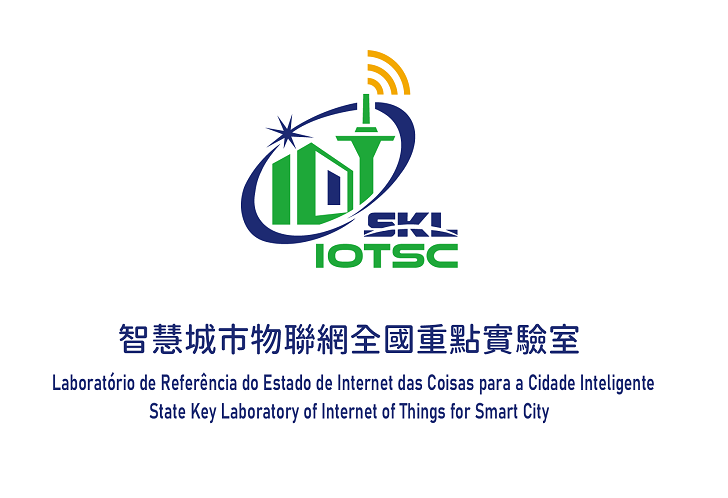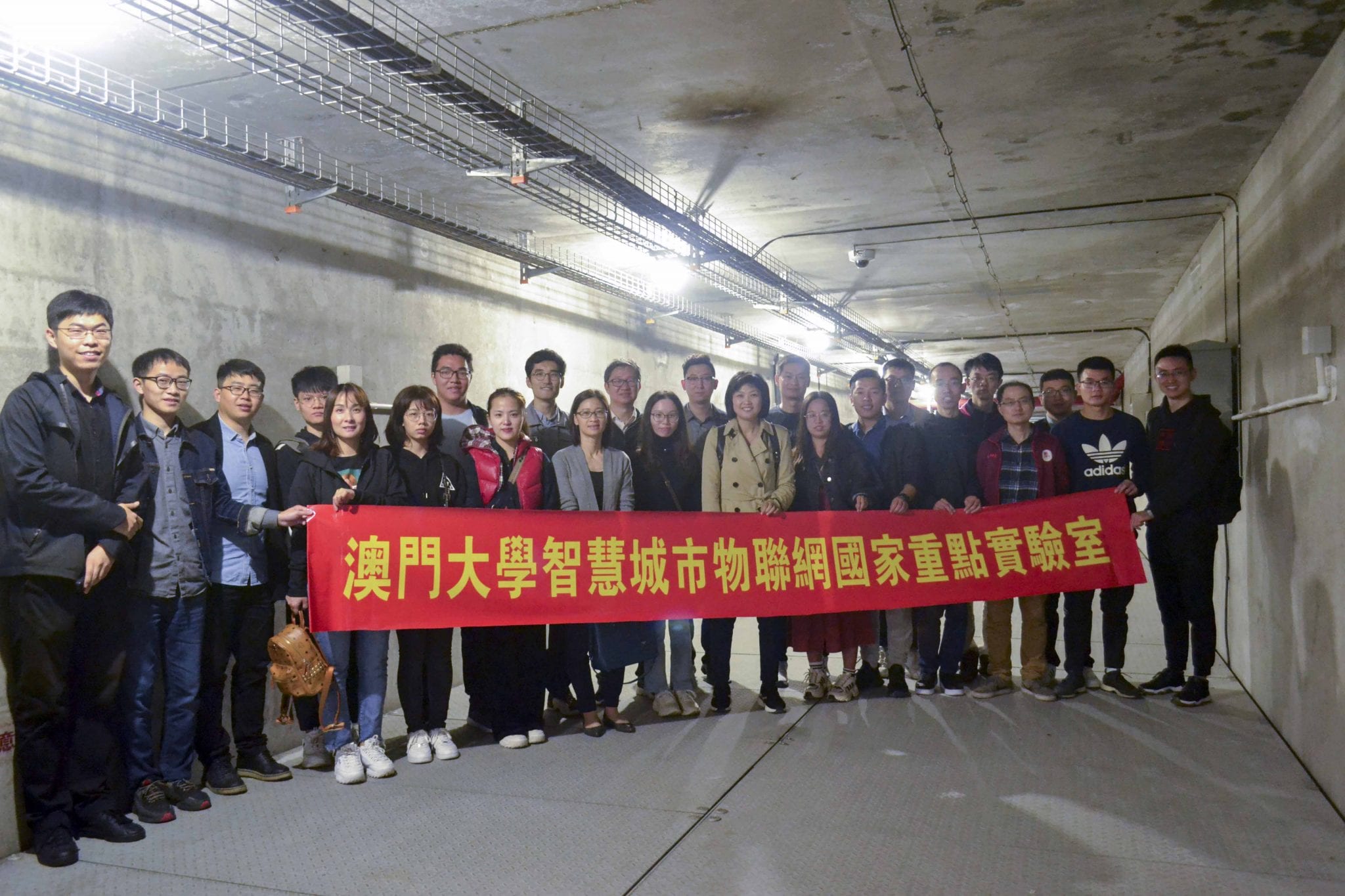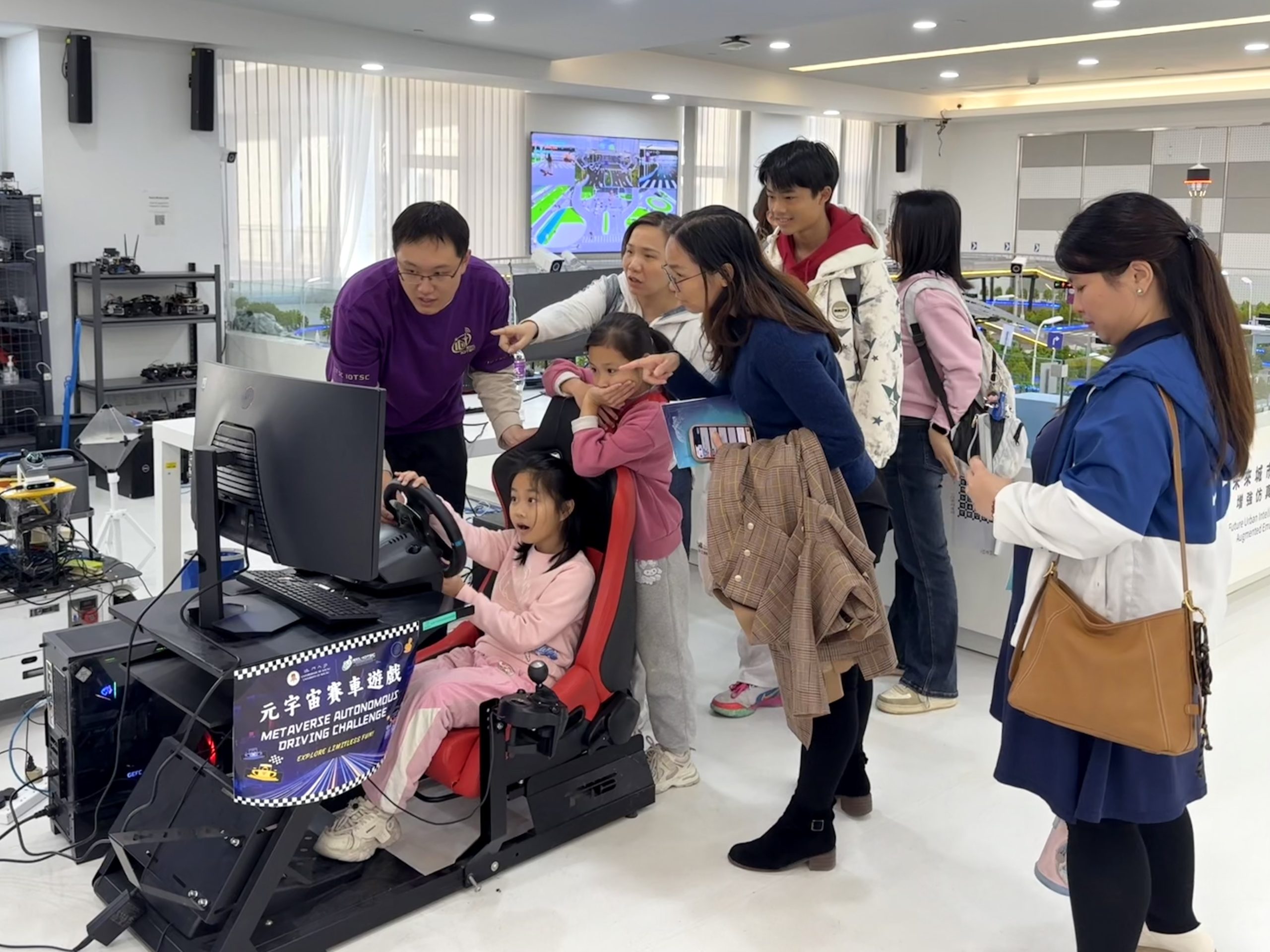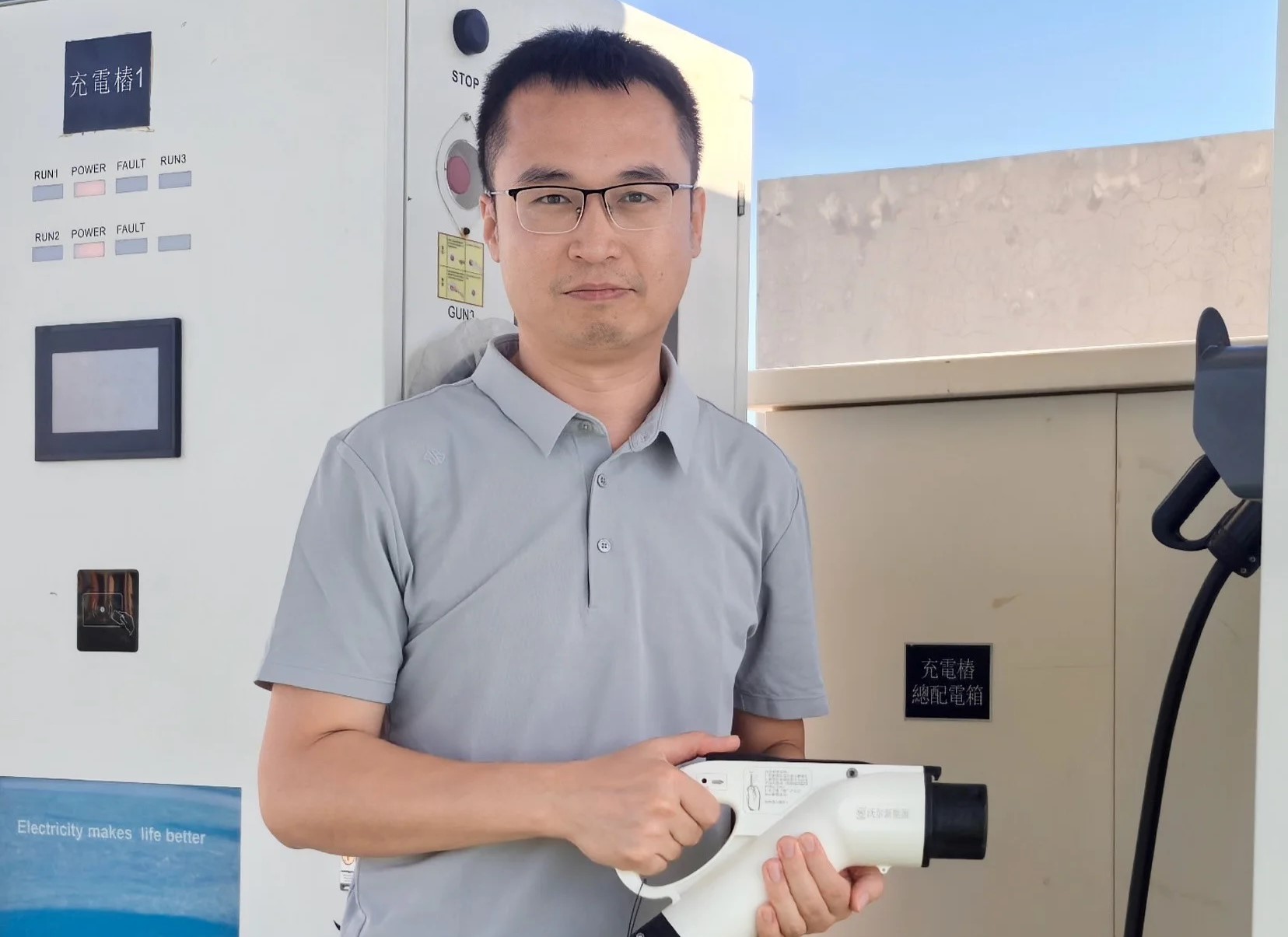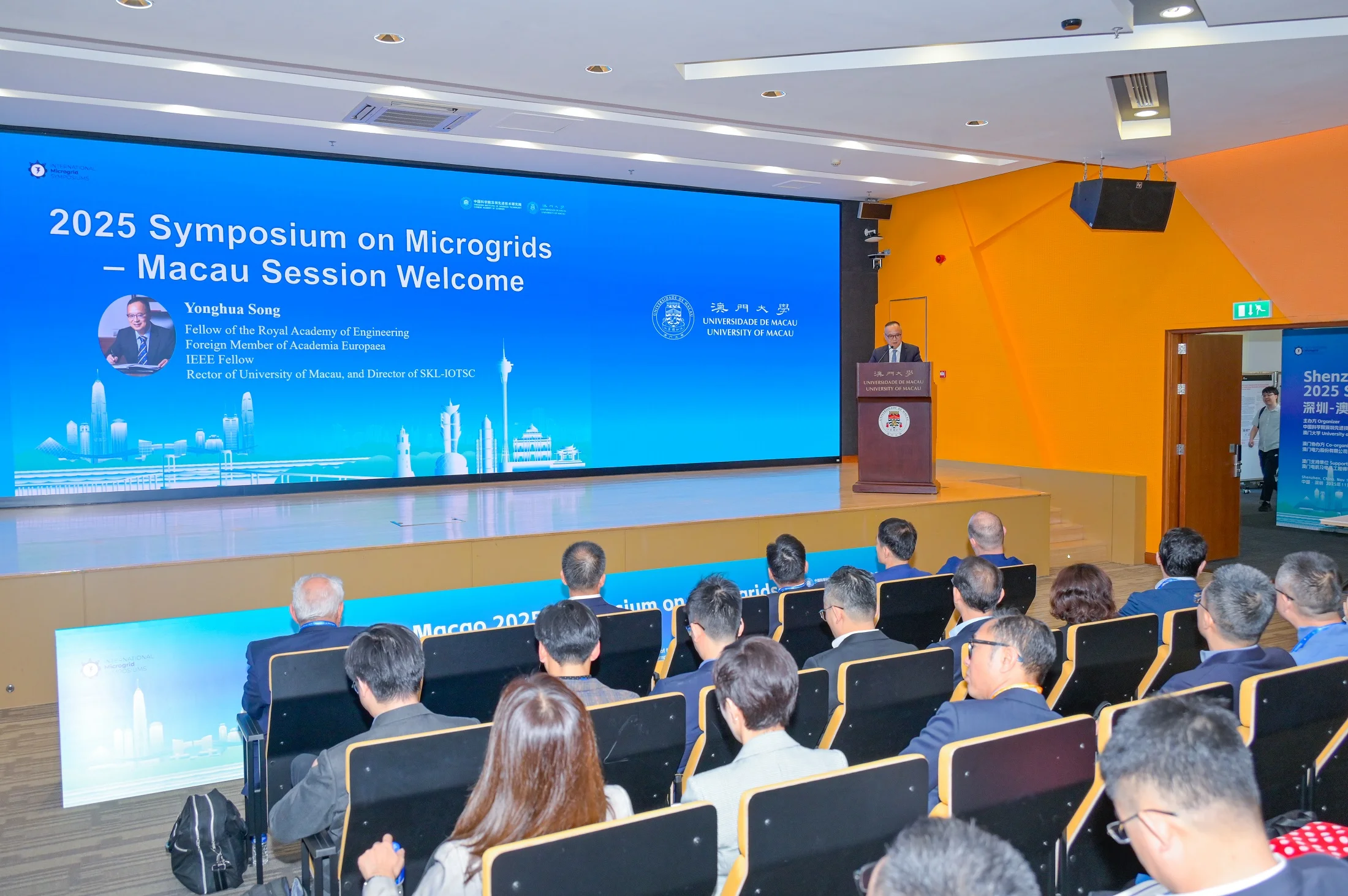A research team formed by researchers from the University of Macau (UM) and more than ten universities, research institutes, and companies in mainland China, Hong Kong, and Macao has been tasked with two key research projects in China, by the Ministry of Science and Technology and the government of Guangdong province, respectively. The project commissioned by the Ministry of Science and Technology concerns the application of smart technologies in the operation and maintenance of the Hong Kong-Zhuhai-Macao Bridge (HZMB), and the other project from Guangdong province mainly focuses on smart safety monitoring and emergency control for sea-crossing projects. The two projects are expected to contribute to the smart operation and maintenance of the HZMB and promote infrastructure development in the Guangdong-Hong Kong-Macao Greater Bay Area.
UM’s research team is responsible for the following tasks: developing wireless smart sensing technologies and fast edge computing technologies for weak island-tunnel connection points; conducting safety tests on the bridge’s immersed tubes to determine their durability based on the unevenness of their foundations; assessing the safety on the artificial island under extreme weather conditions; evaluating the operation of the fan system based on live monitoring data and raising warnings when necessary; developing smart technologies to assess and maintain concrete structure for marine constructions under extreme conditions; and producing multi-dimensional and multi-modal knowledge graphs for immersed tubes in order to study their data ecological mechanism.
With support from the its own State Key Laboratory of Internet of Things for Smart City and Institute of Applied Physics and Materials Engineering, the university has been tasked with multiple national and provincial key research tasks in the past. Through these projects, UM researchers have gathered rich experience in the areas of basic infrastructure, disaster prevention, concrete durability testing, detection of major electrical failures, big data knowledge graphs, and sensing technology in the Internet of Things.



